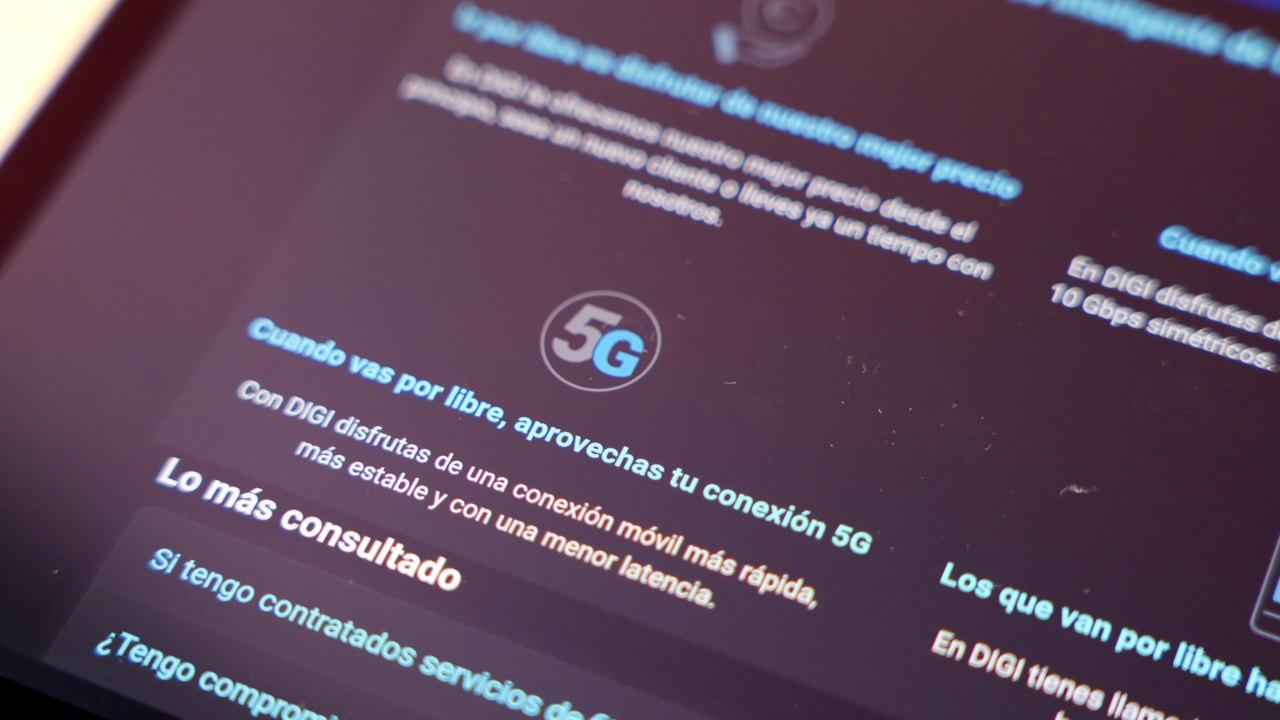A new artificial intelligence model predicts autism in children under two with 80% accuracy using accessible data and without invasive testing, potentially revolutionizing early detection and treatment of autism.
A new machine learning model has proven capable of predicting autism spectrum disorders (ASD) in young children using relatively limited information, a new study published in JAMA Network Open shows. This artificial intelligence (AI) tool could facilitate early detection of autism, which is crucial for providing appropriate support.
“With an accuracy of almost 80% for children under two years of age, we expect this tool to be valuable for the healthcare sector,” said Kristiina Tammimies, Associate Professor at KIND, Department of Women’s and Children’s Health at Karolinska Institutet, and last author of the study.
“The results of the study are significant because they demonstrate that it is possible to identify individuals with a high probability of having autism using limited and easily accessible information,” said the study’s first author, Shyam Rajagopalan, a researcher affiliated with the same department at Karolinska Institutet and currently an assistant professor at the Institute of Bioinformatics and Applied Technology in India.
The AutMedAI model identified 80% of children with autism
The research team used a large US database (SPARK) containing information on approximately 30,000 individuals, both with and without autism spectrum disorders. Analysing a combination of 28 different parameters, the researchers developed four machine learning models to identify patterns in the data.
The parameters selected correspond to information that can be obtained about children without the need for extensive medical assessments and tests before 24 months of age. The model that obtained the best results was called ‘AutMedAI’. In a sample of around 12,000 individuals, the AutMedAI model was able to identify approximately 80% of children with autism.
Among the most relevant parameters, the age of the first smile, the first short sentence and the presence of eating difficulties were strong indicators of autism in certain combinations. In the study, the AI model showed good results in identifying children with greater difficulties in social communication, cognitive ability and with general developmental delays.
Age at first smile, first short sentence, and presence of feeding difficulties were strong predictors of autism in certain combinations
According to the researchers, early diagnosis of autism is essential to implement effective interventions that can help children with the disorder to optimally develop their potential. “This could dramatically change the conditions for early diagnosis and interventions, ultimately improving the quality of life of many individuals and their families,” adds Shyam Rajagopalan.
The research team is planning further improvements and validation of the model in clinical settings. Work is also underway on including genetic information in the model, which could lead to even more accurate and specific predictions.
“To ensure that the model is reliable enough to be implemented in clinical settings, rigorous work and careful validation are required. I want to emphasize that our goal is for the model to become a valuable tool for healthcare, and it is not intended to replace a clinical assessment of autism,” concludes Kristiina Tammimies.






